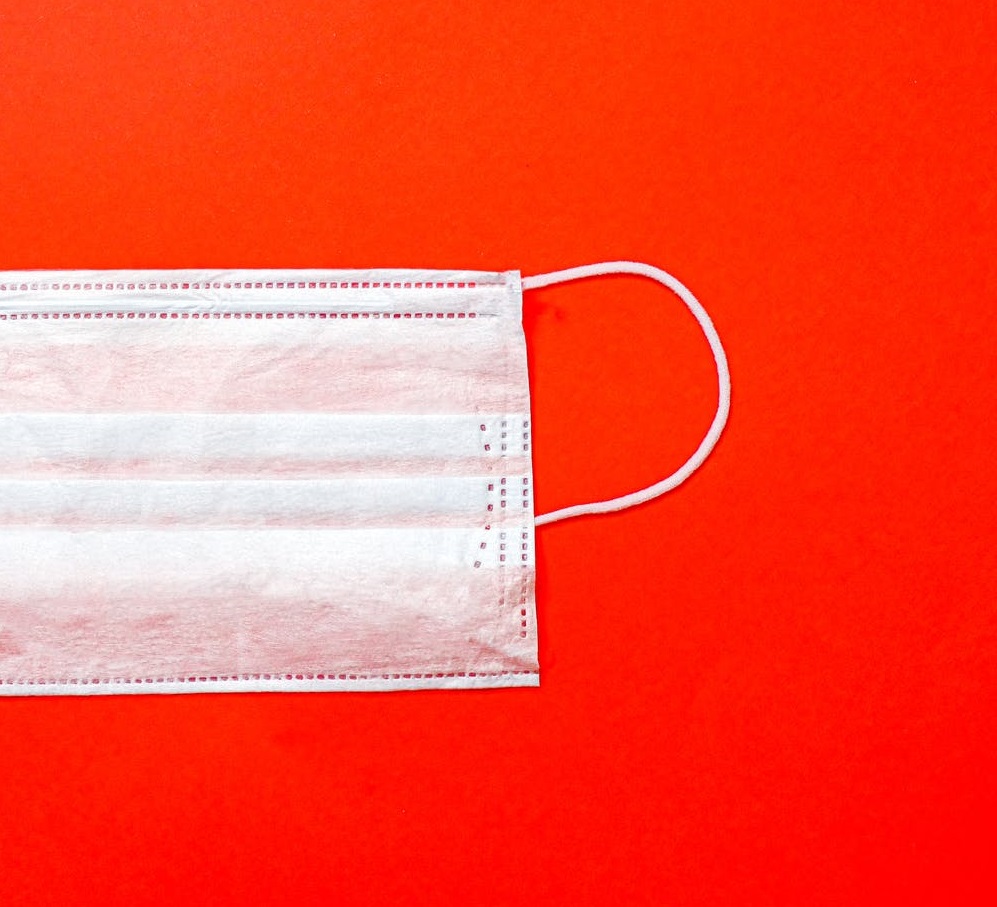It’s forced some businesses and schools to close their doors. As the North Island deals with a spike in COVID-19 cases, the area’s medical health officer is addressing the public.
“Over the past two weeks, there has been an uptick in detected COVID-19 cases in the Vancouver Island North Local Health Area. This has understandably resulted in anxiety for many community members,” says Dr. Charmaine Enns.
However, she says Public Health is not observing evidence of widespread community transmission.
“Rather, the vast majority of cases are linked to known cases and clusters and are typically the result of close contact in households,” explains Enns.
From Oct. 31st to Nov. 6th, the BCCDC reported a total of 32 active cases for the region. And more recently, it’s more than doubled, with 73 active cases between the 7th and 13th.
“Experience from other regions has shown that the uptick in cases will subside,” Enns says, “but it is important to know that we will continue to hear of cases in our communities.”
According to Enns, 86 per cent of the local population 12 years and older have received at least one dose of vaccine, with 80 per cent now fully vaccinated.
“These rates are good, but in order to get in front of COVID-19 transmission, especially due to the Delta variant, we need a vaccination rate of 90 per cent or greater,” she says.
Enns strongly urges unvaccinated adults to get the jab, asking they not only consider their own health, but the health of their loved ones, friends and community by limiting the likelihood of transmission.
“Fully vaccinated close contacts are no longer asked to self-isolate, instead being asked to self-monitor for symptoms and get tested if symptoms develop. We encourage fully vaccinated close contacts to return to normal daily activities such as going to school and work,” she adds.
“Essentially, if you are not directed to self-isolate or seek testing and you are not experiencing symptoms, you can carry on with life as normal.”
Enns says a large percentage of fully vaccinated people will not get COVID-19 when exposed to someone who is infectious.
But for the small number who do become symptomatic, she notes that “they will most likely have mild symptoms and are less able to transmit the virus to others.”
“We can learn to live with this virus as we have done with other vaccine-preventable respiratory infections by getting vaccinated, staying home when ill with fever and cough, and following current public health guidance and recommendations.”




